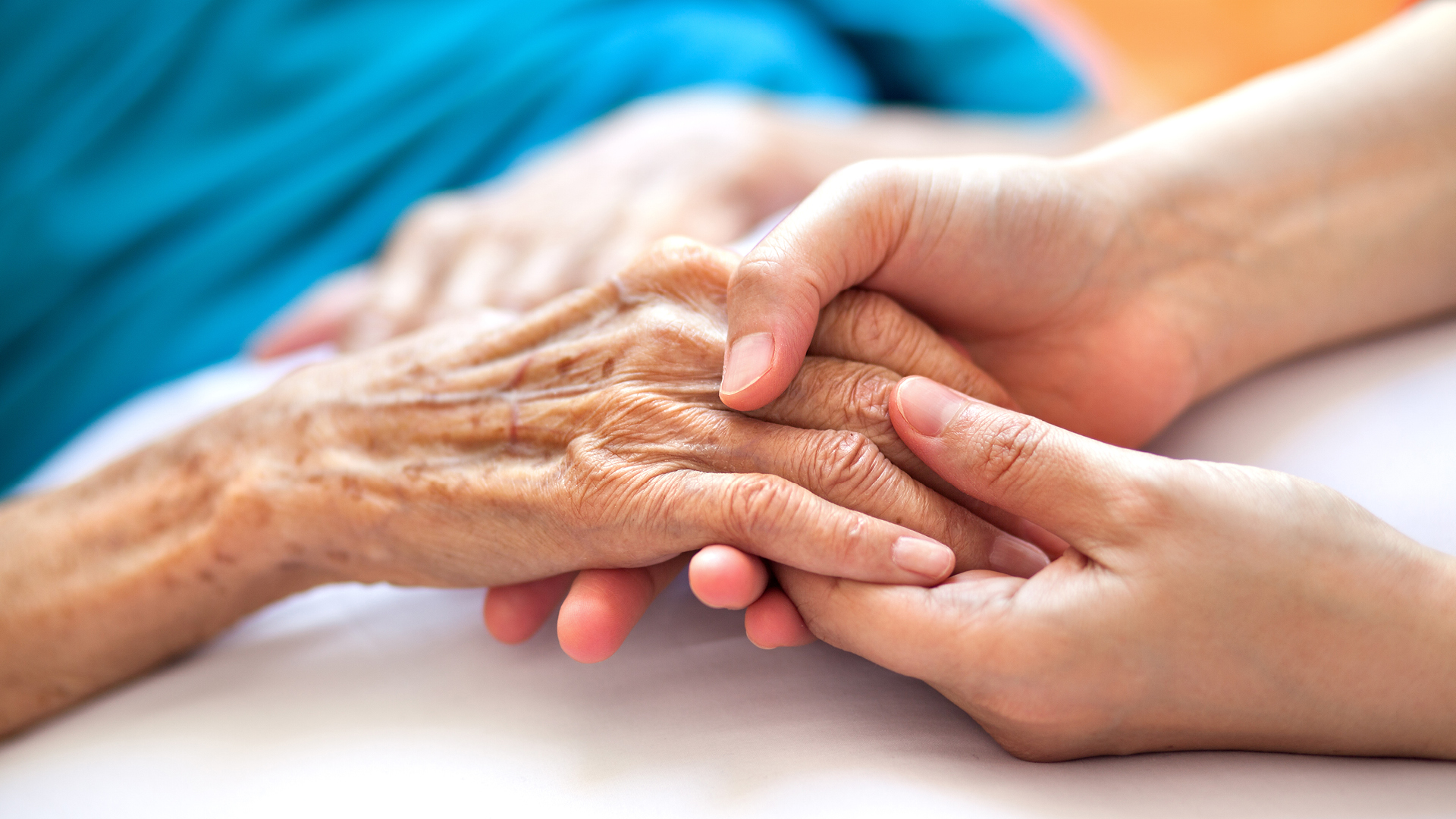14th August 2018
BlogMatt Eagles is our Head of Patient Engagement at the Havas Lynx Group. Matt has lived with Parkinson’s for over 40 years and is extremely passionate about patient engagement. In this article, Matt shares with us his thoughts around the future of the patient, and the importance of the healthcare system listening to both the needs of the patient and HCP.
Ultimately the future of the patient very much depends on us interacting as human beings, understanding each others individual and collective needs in the simplest way possible.
We need to:
- REDEFINE our understanding of the word PATIENT and breaking the mould. Currently it has a stigma of vulnerability, someone in need of help, someone less able – which often uncovers a hidden prejudice that somehow their opinion is less valuable in some way. I had a conversation with a Specialist Parkinson’s Nurse on social media about a medical conference in Berlin –when I mentioned I would have liked to have attended she replied, “it’s not for patients – anyway when I am trying to learn, I don’t want to be bothered by patients disturbing me asking questions.”
- HONESTY in exchanging information – peer-to-peer, or to your HCP. Create an environment which encourages this by consulting with patients remotely at ‘home’
- RECOGNITION of the need for both patients and HCPs to experience life outside healthcare
- ADDRESS the climate of fear / social change that wearables and new tech brings
- Appointing a CLO (Chief Listening Officer), a fabulous idea from Lucien Engelen, ‘Patients Included’
- INCLUSION is a huge plus in health outcomes
- A 2010 meta-analysisPLOS Medicine ‘Social Relationships and Mortality Risk’ reviewed 148 studies involving over 300,000 participants and concluded that having weak social ties was as harmful to health as being an alcoholic and twice as harmful as obesity. Julianne Holt-Lunstad, co-author of the analysis, told Reuters, “A lack of social relationships was equivalent to smoking up to 15 cigarettes a day.”
Perhaps the most compelling evidence that friendships affect longevity comes from the ongoing Harvard Study of Adult Development. Since 1938, researchers have been following 724 men, tracking their physical health as well as social habits. Robert Waldinger, the study’s current director, said in his recent TED Talk, “the clearest message that we get from this 75-year study is this: good relationships keep us happier and healthier. Period.”
Socially disconnected people are, according to Waldinger, “less happy, their health declines earlier in midlife, their brain functioning declines sooner, and they live shorter lives than people who are not lonely.”
The patient communities are full of people who would like their say but don’t appear to be listened to. It’s all very well BEING COMMITTED and having a PLAN, but without action it means nothing.
We shouldn’t encourage a healthcare system where we are all equal, but some people are more equal than others – it just won’t work. Sure we all have different agendas / different goals, but we should recognise there is a mutual benefit at work here and we ALL have an expertise in something.
This isn’t a utopia, it can happen. Ageing will hit all of us… eventually. It’s how we choose to embrace it that counts.
- Proactive – no longer a “waiting room mentality” (thanks Daniel Kraft)
- Produce tech that’s attractive to patients and fulfils their requirements – not something that the tech companies think that patients might need
- Make sure the patients know where the data is going and give them control of how much goes out, to whom it goes out to and for how long
- It is vital that patients value their individuality and independence. Similarly for HCPs, they are doing a job at the end of the day
- NHS – realising the value & five year forward plans. 2018 marks the 70thAnniversary of the NHS.
